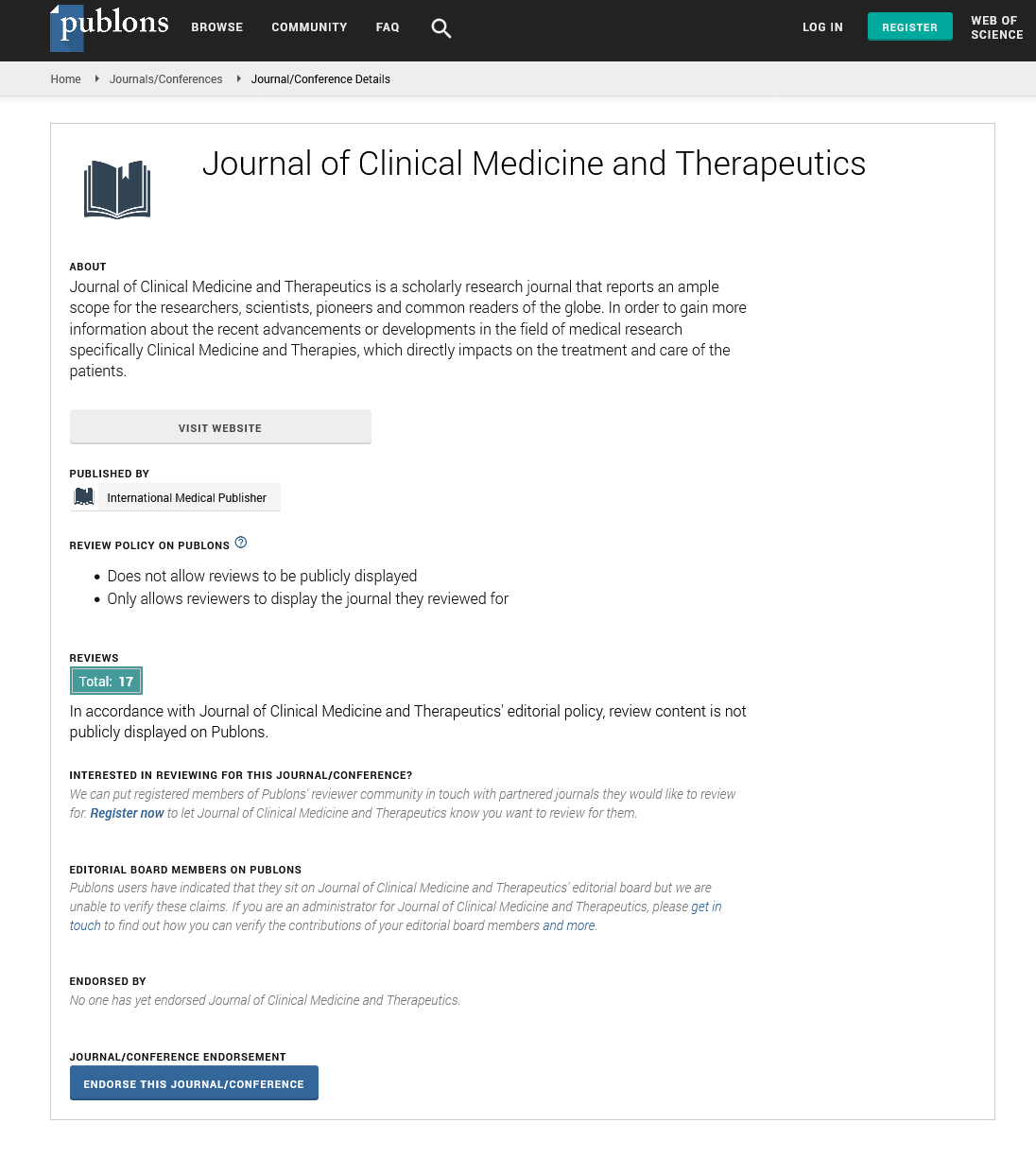Abstract
Health Equity and the Gini Index in the United States
Introduction: A rich repository of data containing information about social, economic, healthcare and other health-related variables can be found in the public domain. When mined appropriately by asking the right questions, this data can provide confirmation of results of many existing published studies and also provide exploratory information for future research hypotheses.
Objectives: Can state-level data in the U.S. provide information about the relationship between health equity and income inequality?
Methods: U.S. state-level data were compiled for Spearman’s correlation analysis. Results are discussed in relation to the Gini index and additional variables.
Results: The state-based Gini index was significantly and positively correlated with population, Medicare expense per enrollee and diabetes rate. The index negatively correlated with the percent non-Hispanic white population and youth 10-17 years old of healthy weight.
Conclusion: The limitations of this study include different years in which data were collected; source data compiled by different institutions, geopolitical influences, environmental factors, and lifestyles choices of residents. The Gini index was not correlated to physician density, median household income, life expectancy or adult obesity rate.
Author(s): Masa Sasagawa, Paul S Amieux and Mark R Martzen
Abstract | Full-Text | PDF
Share This Article
Google Scholar citation report
Citations : 95
Journal of Clinical Medicine and Therapeutics received 95 citations as per Google Scholar report
Journal of Clinical Medicine and Therapeutics peer review process verified at publons
Abstracted/Indexed in
- Publons
- Secret Search Engine Labs
Open Access Journals
- Aquaculture & Veterinary Science
- Chemistry & Chemical Sciences
- Clinical Sciences
- Engineering
- General Science
- Genetics & Molecular Biology
- Health Care & Nursing
- Immunology & Microbiology
- Materials Science
- Mathematics & Physics
- Medical Sciences
- Neurology & Psychiatry
- Oncology & Cancer Science
- Pharmaceutical Sciences

